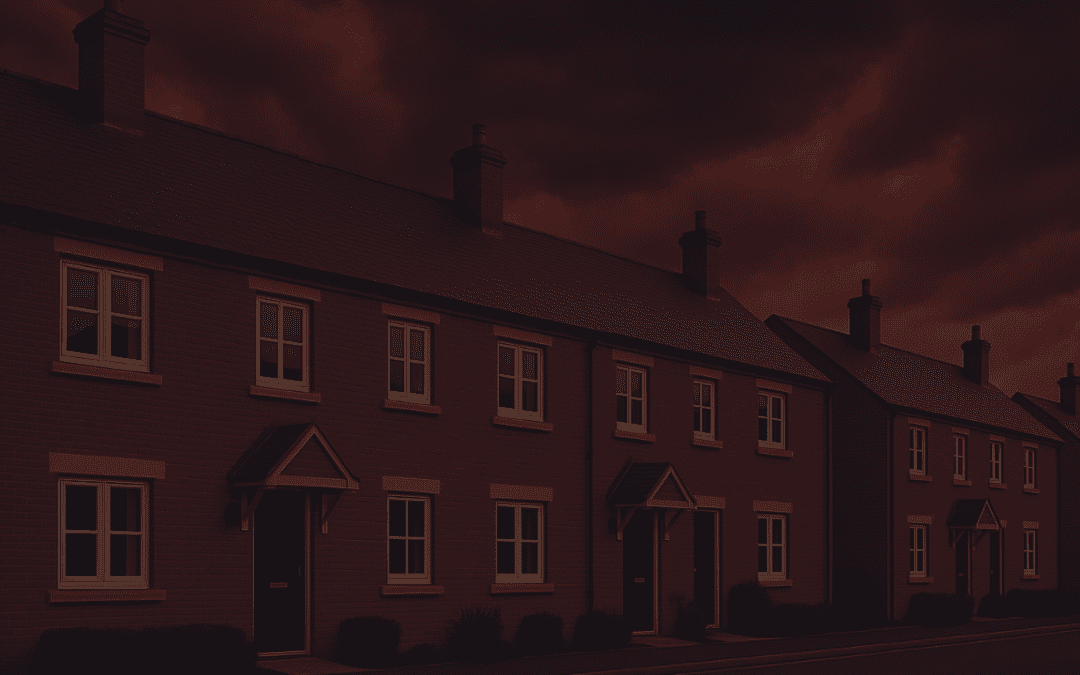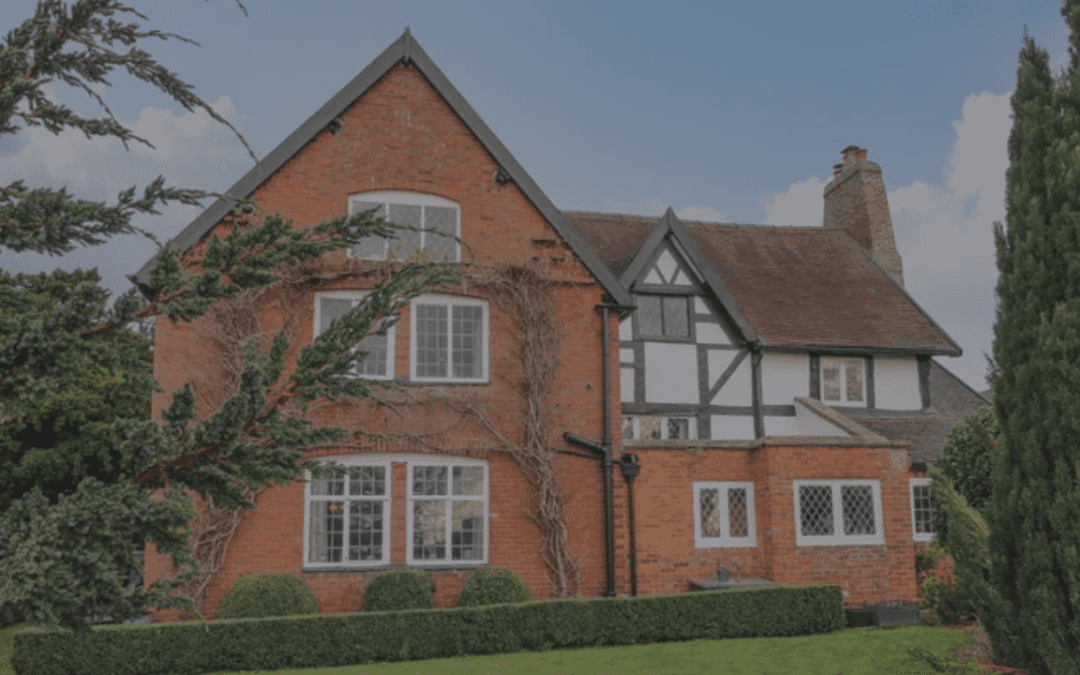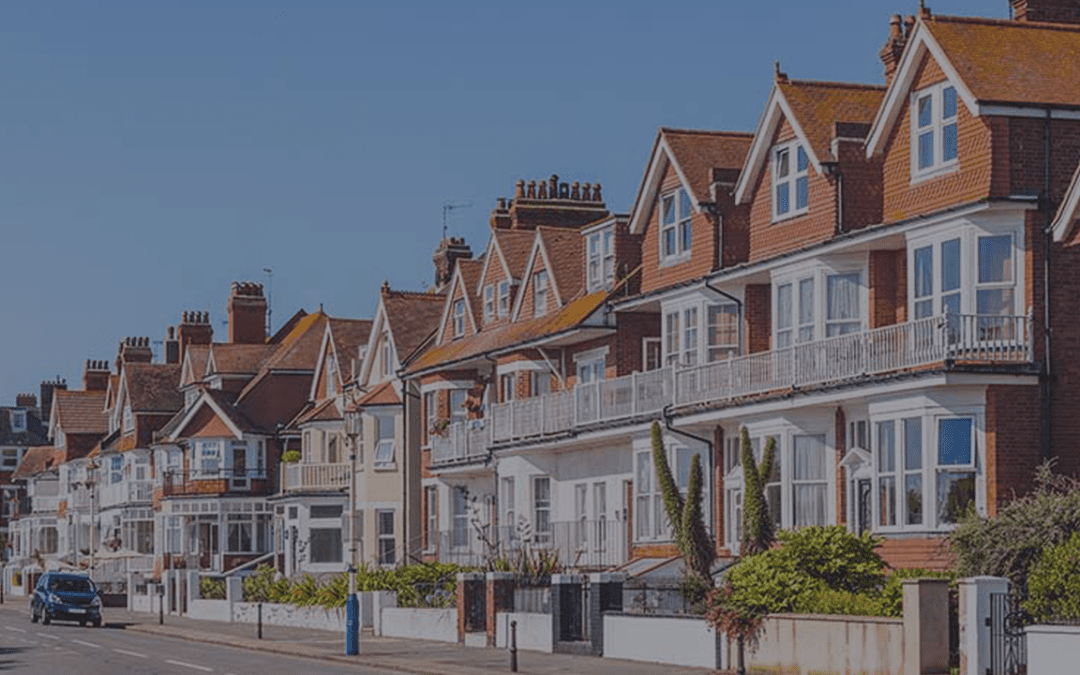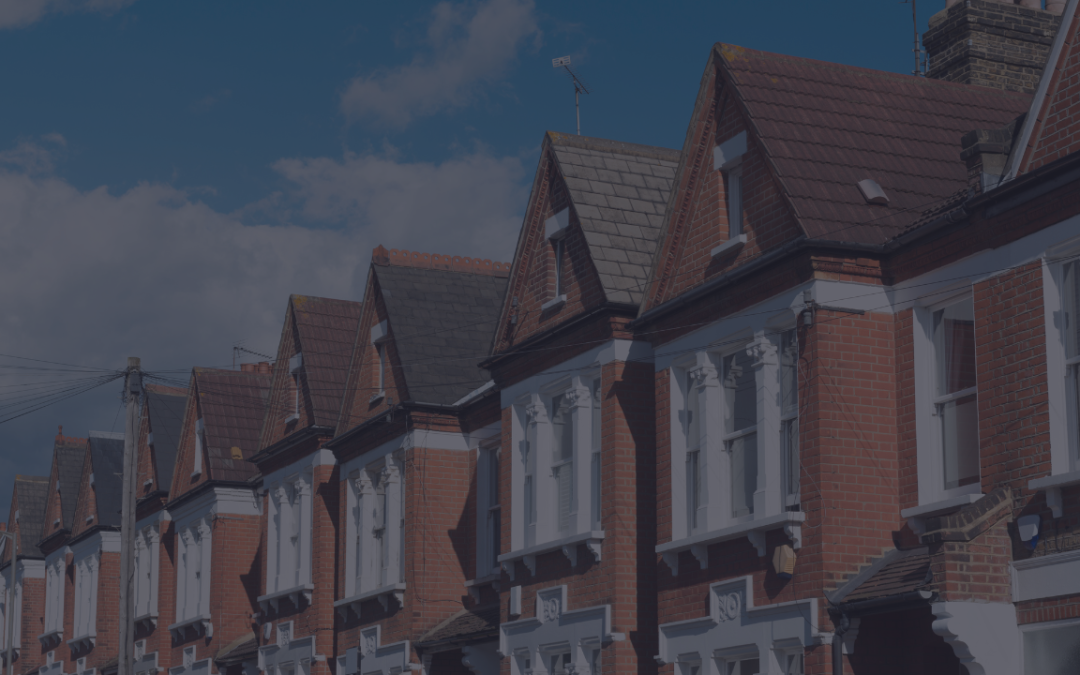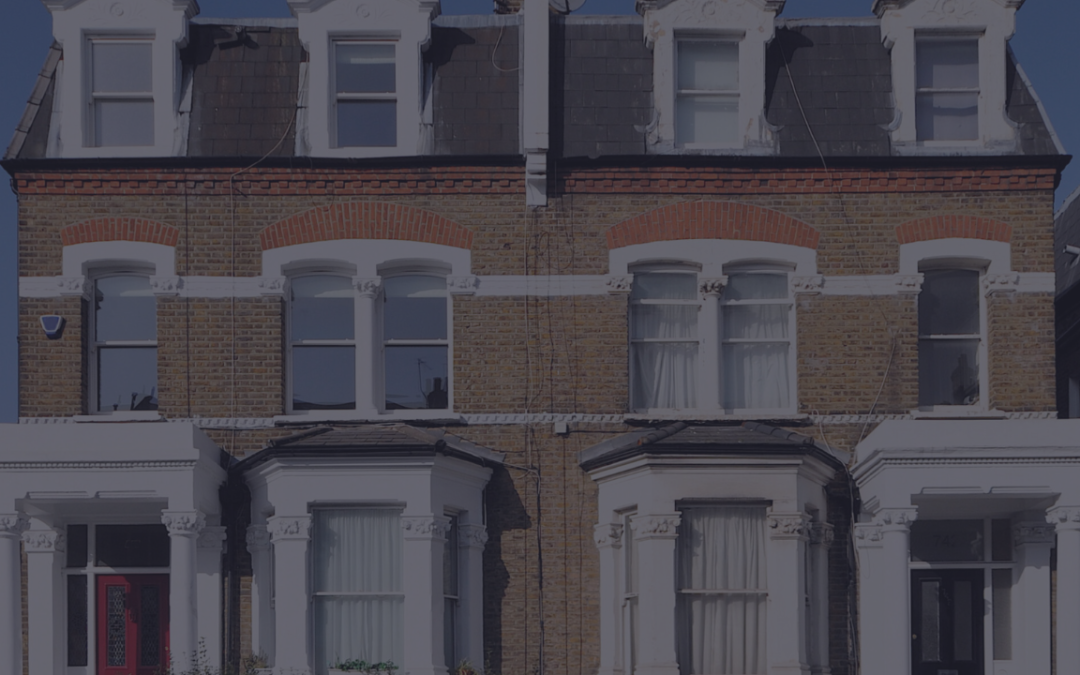In this blog, I’m going to share with you the do’s and don’ts about buying at property auction. Many investors make big mistakes when buying at auction but there are some opportunities if you know what you’re doing.
Now, why would someone sell at auction? Why would someone buy at an auction? One of the different times you could buy, what are the problems people make that’s what I’m going to be covering in this blog.
Why Would We Buy at a Property Auction?
So, firstly, why would we buy at auction? Well, as investors, we go to an auction because we’re generally looking for a deal. There are definitely deals to be had at auction but most investors get this all wrong and I hope you avoid some of the common mistakes that people make by explaining what you need to do and what you shouldn’t do in this blog.
Reasons Why People Sell At an Auction
Why do people sell property at auctions? There are three reasons why someone would put a property into an auction. The first reason is if they get someone to successfully bid on the property then the transaction can happen in 28 days. So when you go and bid, you’re successful, the hammer goes down that very day you exchange contracts and you have 28 days to complete. If you’re someone who wants to sell a property quickly, an auction can be a very good way of doing that. That’s the first reason why people sell property at auctions.
The second reason why people sell property at auctions is because they want to get lots and lots of people viewing that property. People who are looking for a deal. Knowing that the more people who see it will bring more competition, there’s a really good chance that the price gets bid up because people start competing. They get emotional and sometimes they pay more than the property’s actually worth. So some people put properties into an auction because they know they’re going to get a nice high price.
The way they entice people to come and bid in the auction is by putting in a very low offer price and it’s a guide price. So the idea is that the auctioneers say ‘we think this is probably going to sell at this guide price’. If it’s a nice low price a lot of investors think it looks like a really good deal. They want to attend the auction bid and get themselves a real bargain.
Now just because a property is listed at a guide price it doesn’t mean you’re going to get it for that low price. In reality, there’s always a reserve. Certainly with UK Property Investing, the reserve can be no more than the guide price. So let’s say someone sets a guide price of 100,000 pounds, the reserve could be no more than 110 and 110 is the price. If it doesn’t get to 110 the property will not be sold in the auction. If it goes over 110 whoever makes the winning bid they will be buying the property, and they will be exchanging that day. So just be careful. If you think you’re going to get a deal because there’s a nice low guide price doesn’t mean it’s going to sell for that. In fact, I’ve seen many people buy properties in an auction for more than they could have bought it before the auction. This is because very often properties are stuck with a state agents, they’re not selling, it goes into the auction, people come, they bid the price goes up and they could have bought it for less money but then they pay now before the auction. So it suggests they’re not really doing their research.
Doing your research and due diligence is really, really important. You’ve always got to check the legal pack. It’s something that we’ve prepared and you need to make sure your solicitor goes through it. In particular, look at what’s called the special conditions.
In the special conditions it will say, how long you’ve got to complete. Typically it’s 28 days but it might be 14. Also it might say things like you’ve got to pay the fees of the seller.
Some auction houses also add extra fees you have to pay to them. So make sure you read the special conditions very, very carefully. Get your solicitor to check them. On the day of the auction, they’ll often put out an addendum. You need to make sure you read this and see if there have been any changes.
The third reason people sell a property in an auction is because it is a problem property. There’s something wrong with it. Maybe something structural, maybe something wrong with their tenants or the tenancies. It’s a problem property someone wants to get rid of. This is why you have to be very careful and this is why your due diligence is important and make sure you look at the legal pack and get a lawyer to look at it for you as well. So those are the three reasons why people are selling at auctions.
“Doing your research and due diligence is really, really important. You’ve always got to check the legal pack.”
The Best Time to Buy
So what should we do, when is the best time to buy? Well, there are also three times that we can buy in an auction. Obviously, we can buy on the day in the room and that can work well depending on the time of year, and who else is in the room. So you can absolutely buy deals at auction. The problem is as I said, often there are lots of people who want to bid up the price and people end up paying too much. So there are two other times you can also buy as well as in the room of the day, you can also buy before the auction.
A property listed in the auction catalogue will often have viewings. You can go around on the viewings with everyone else, look at the property and you can put an offer into the owner. If they accept your offer, it will probably be subject to you exchanging before the day of the auction and also completing under auction terms i.e within 28 days. You see what the owner doesn’t want to do is say, ‘yes I’ll take your offer’ and then you mess around and you don’t exchange before the auction. So you’ve got to show that you can move quickly and do a really good deal for the seller.
The seller might want to wait until the auction day to see if they can get someone offering more money. So if you do make an offer, it should probably be something you know you definitely want to go for. It should be a good price that’s going to work for you and the seller but say, look, this is the offer. If you leave it until the auction and you don’t sell, that offers not going to be on the table.
You’re trying to play a bit of the fear game to say, well, you might sell for more at the auction but if you don’t I’m not going to offer this amount of money. I want to do the deal now. I don’t want to be sitting in the auction room, I want to get a deal done. There are some people who will want to get rid of their burden rather than try to get more money at auction, so they might accept your offer.
The third time, the best time I believe to buy an auction property is after the auction. You do it in the auction before the auction, the third time is after the auction. Just think about this for a minute. The owner put the property into the auction for a reason, maybe they wanted a fast sale, maybe they wanted to get a higher price or maybe they’ve got a problem with and they just want to get rid of this property. The fact it hasn’t sold in the auction, they’re going to be more motivated.
If you’ve read my book Property Magic, we always want to work with motivated sellers, people for whom the speed and certainty might be more important than the amounts of money they actually get from the sale of the property. So after the auction, if it hasn’t sold and you should go back to the owner, go back to the auction and say, you’re interested in this property, what can we do?
Many of my clients have picked up deals after the auction because sellers become more motivated. Now, of course there are other people who are competing and we might also approach the owner after the auction. But if you’ve got a good rapport with the auctioneer or you’ve spoken to the seller. maybe they will come with you. If you can do a quick deal, you might get a great deal out of that auction.
Another thing you should do on the day of the auction is have a quick drive by the property to make sure it’s still there and everything’s okay. What do I mean by that? Surely, it’s going to be still there. Well, in the past sometimes fires have happened, accidents have happened and a property has been burned out. Someone has bidded at the auction, thinking they’re getting this nice property, not realising it has been burnt down.
So check on the day that it’s all okay because when the hammer goes, you are exchanging contracts, you are committed to buying that property. Your 10% deposit goes down and then obviously within 28 days you have to complete. So with that in mind, you want to get your finances lined up. You might be buying cash, which you could certainly do although it’s maybe not good to tie that cash up in that property.
Remember you’ll have to hold onto it fully six months before you can refinance or maybe you could use bridging, you use companies such as Crowdproperty.com who can help you fund that project.
The other thing you need to do is, the day you exchange, you must have insurance ready. You’re committing to buy that property and something might happen between exchange and completion. You still have to buy the price agreed and so you want to make sure that thing is properly insured. So those are some hints and tips about buying at auction.
I do hope these do’s and don’ts about buying property at auction have been really useful for you. I have the Property Magic podcast that comes out every Tuesday morning, it’s completely free of charge and I share some of the secrets that I normally only share on my Property Mastermind programme. You can click on the link below this blog to get access. I highly recommend you subscribe to that podcast because it’s a short 10 to 15 minutes every Tuesday morning, where I motivate you and share some of the best strategies.

